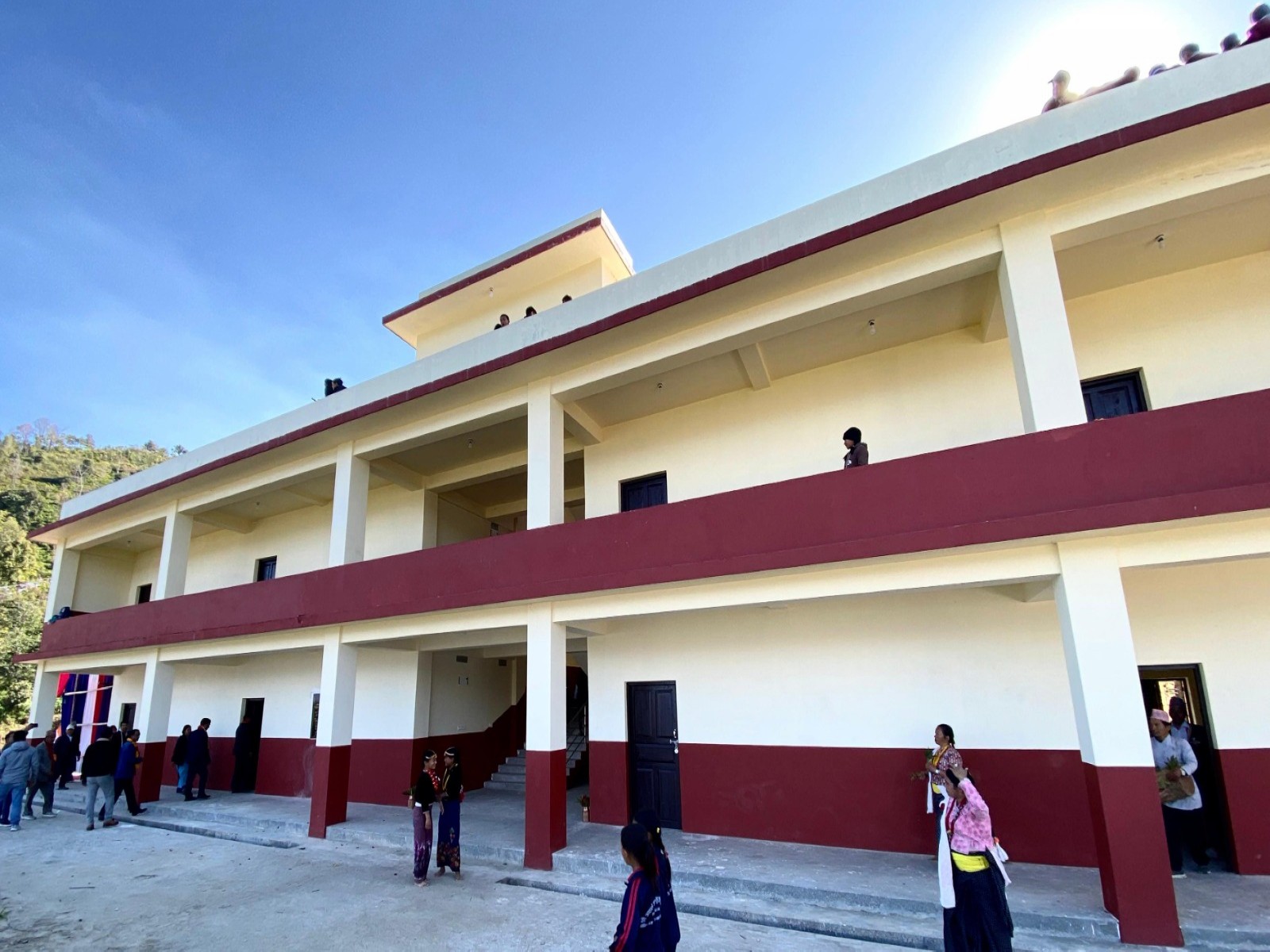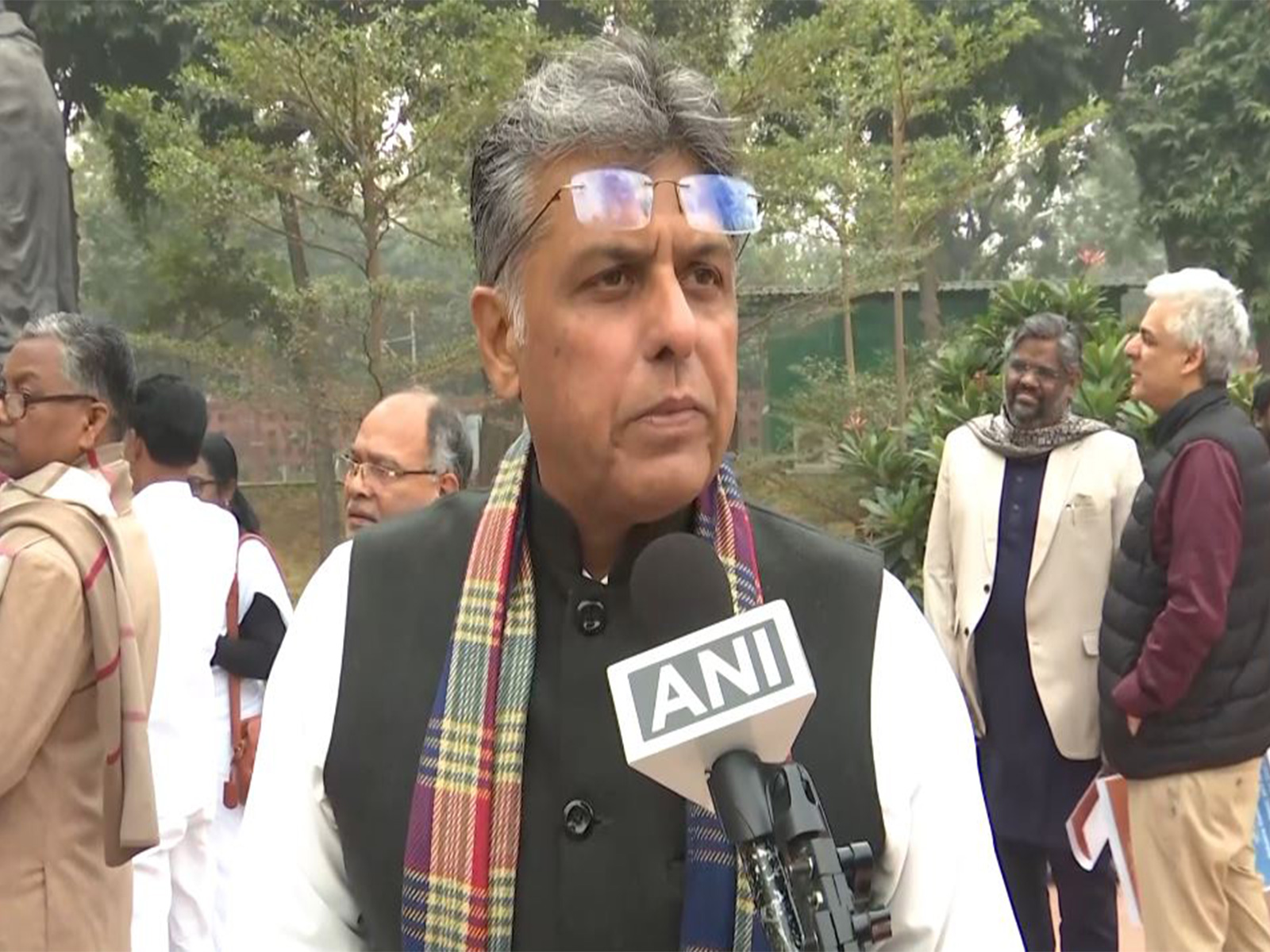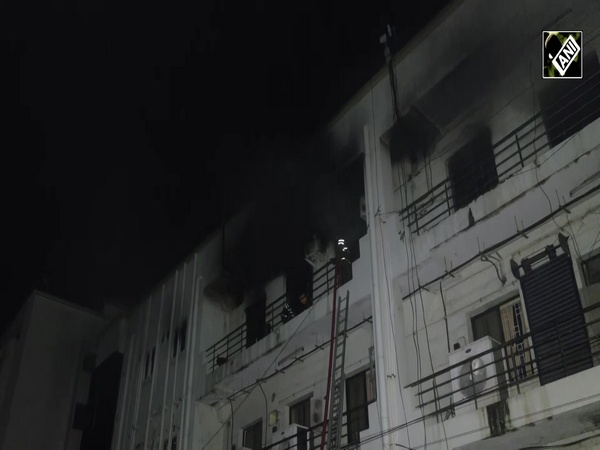Afghanistan: Student enrollment in Kunduz province's private universities falls drastically
Aug 01, 2022

Kabul [Afghanistan], August 1 : Amid the worsening economic and humanitarian crisis in Afghanistan, the total number of students enrolled in the private universities in the Kunduz province has dropped by 65 per cent in recent months, as per the Union of Private Universities.
Seven private universities in Kunduz had an enrolment of 11,000 students under the previous government, however, now the total number of students has gone down to 5,000, TOLO News reported citing university officials.
There has been a decrease in the participation of students at private universities due to the current situation in the country, particularly the economic crisis, as per the Union.
"In the past, the number of students attending universities reached 10,000 to 11,000, but after the political change in the country, the number dropped to 4,000 to 5,000," head of the Union Samiullah Danishyar said.
The private university officials also added that the enrolment of girls has decreased by 70 per cent. The officials said that many private institutions in the country will close if the situation continues, local media reported.
"If the situation continues like this up to the end of the year, with the people facing such economic challenges, around 60 to 70 of the universities will leave the market, and it is huge crisis for the education sector," Danishyar added.
"We ask the Islamic Emirate to launch some programs to motivate people to get an education," the chancellor of a private university in Kunduz Mubarak Shah Amiri said.
Several students have said that most of the students have left university due to economic problems and their uncertain fate, Tolo News reported.
"In recent months, the number of students dropped from 40 to 10 students. If the situation continues like this, most of the students will leave universities," a student Ataullah Safi said.
"We ask the officials to provide more facilities to the private and public universities so that people become more interested in education," another student Imdadullah Omari said.
Around seven private higher education institutions currently operate in the province.
Since the Taliban took power, unemployment has skyrocketed, and poverty across many parts of the country has put millions of people at risk.
According to the International Labour Organization, more than 500,000 Afghan workers lost their jobs in the third quarter of 2021, and the number of people who will lose their jobs since the Taliban took control is expected to reach 700,000 to 900,000 people by mid-2022, reported Khaama Press.
Due to four decades of conflict, severe drought, and pandemics, Afghanistan's economy was already collapsing.
After the Taliban seized power following the hasty withdrawal of US soldiers, the international community froze Afghanistan's assets and withheld help.
The Taliban regime has also issued a decree banning female students above grade six from participating in their classes.



















